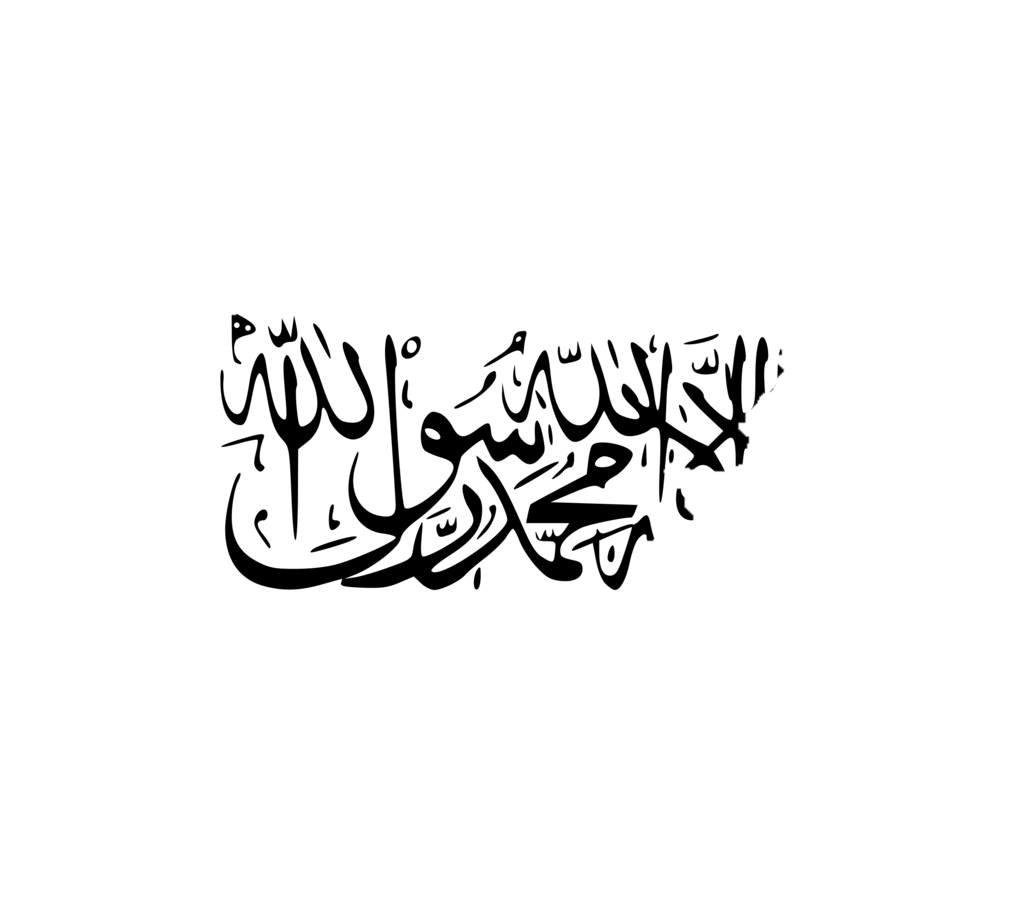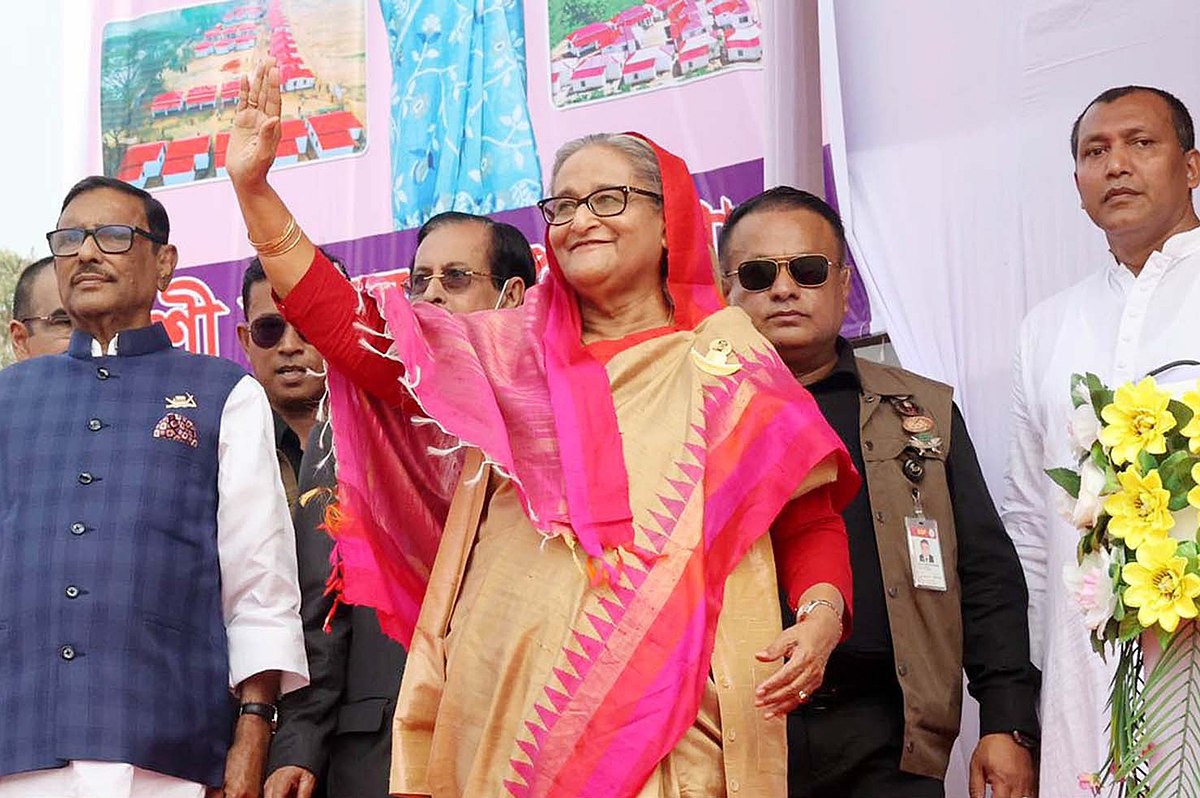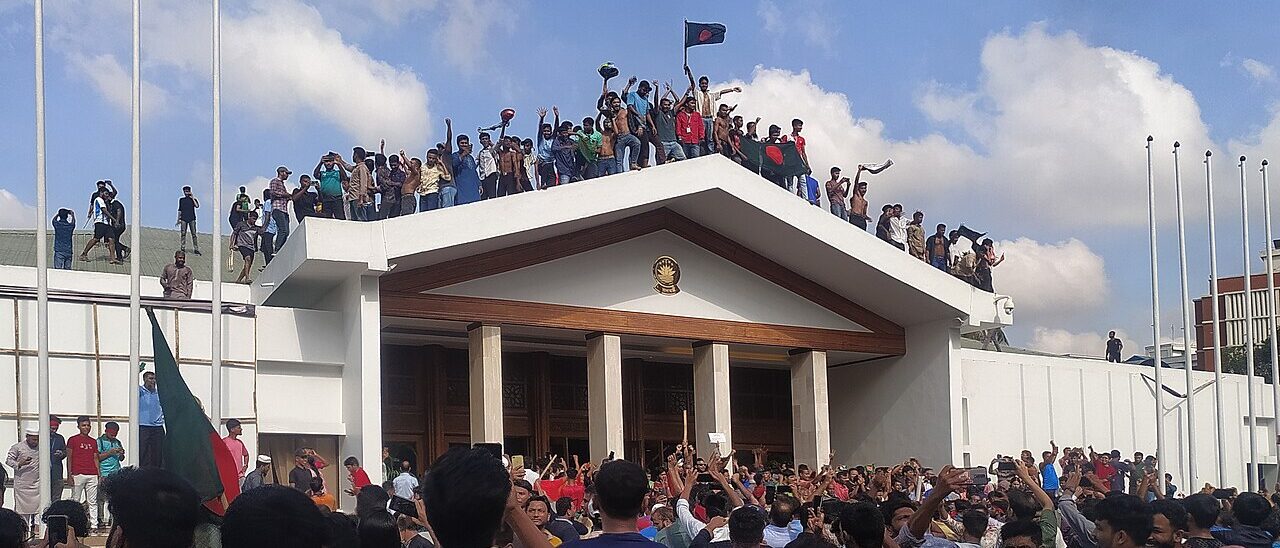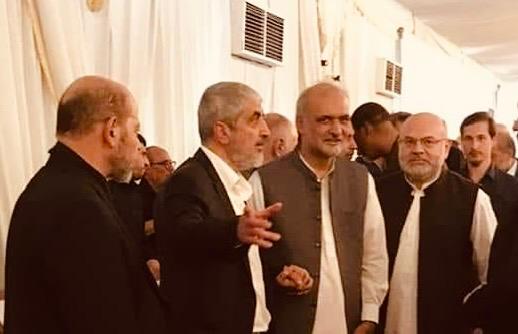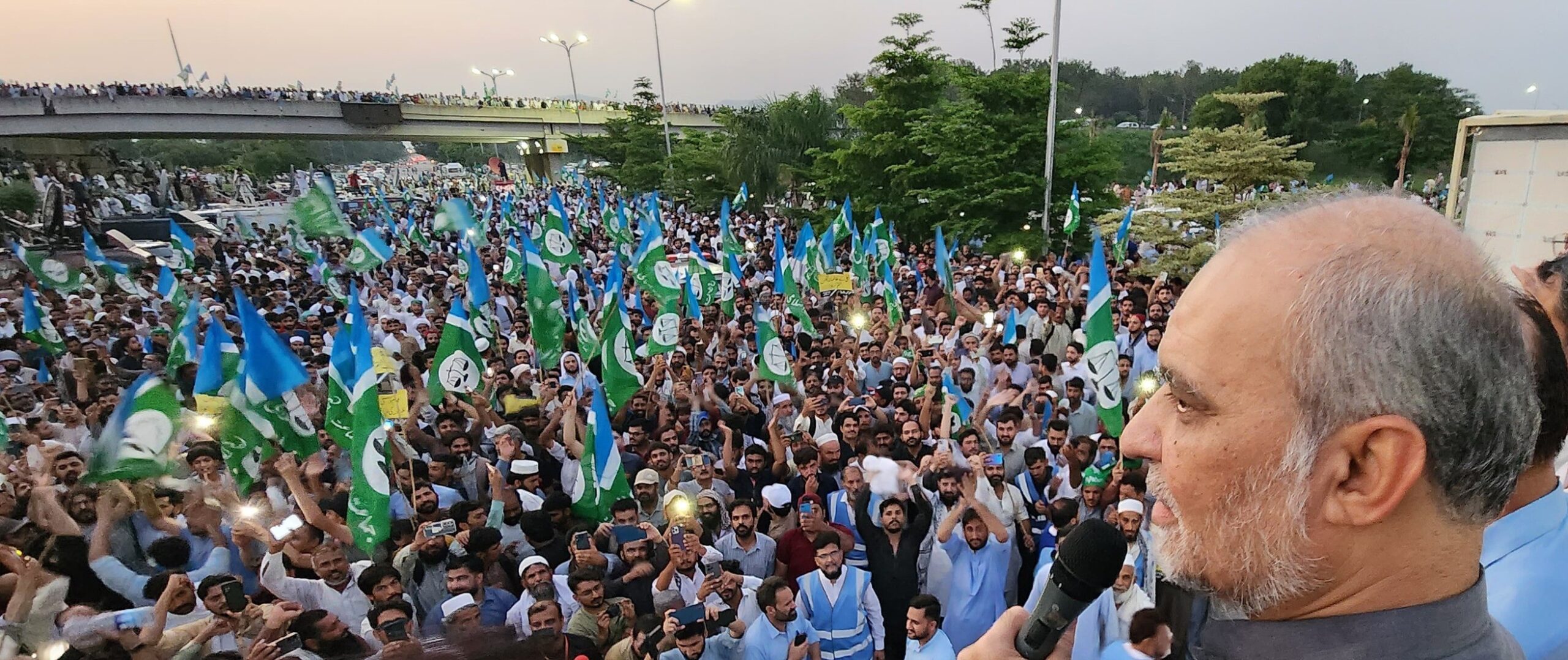By Iftikhar Gilani
I vividly remember this happened in December 2016 at the 6th Ministerial Conference of Heart of Asia held in Amritsar, a bordering city of Indian Punjab. The Heart of Asia – Istanbul Process (HoA-IP) is an initiative of Afghanistan and Turkey, which was officially launched at a conference hosted by Turkey in Istanbul on November 2, 2011.
At this conference in the Indian city of Amritsar, the then Afghan president Ashraf Ghani, setting aside all the diplomatic norms and values, blatantly refused right from the rostrum to accept an aid of $500 million from Pakistan and said while glancing at Pakistani Foreign Minister Sartaj Aziz, “Pakistan has generously pledged $500 for the reconstruction of Afghanistan. This fund, Minister Aziz, could be very well used for containing extremism. Because without peace any amount of assistance will not meet the needs of our people.”
Such an example of rudeness and arrogance could be hardly found in the history of diplomacy.
As India had already sabotaged the proposed SAARC Summit in Pakistan by boycotting it even before this meeting, this incident made Sartaj Aziz to be felt like a ‘persona non grata’ in the eyes of the host country as well as the Afghan delegates in the conference.
Then we saw raging developments as the Afghan Taliban took control of Kabul, the capital of Afghanistan on August 15, 2021. It took the whole world by surprise. After their victory, the defeat of the Afghan army and the escape of Ashraf Ghani, the Taliban invited the foreign and local media to show what they haven’t been able to show in the previous regime just to please Ashraf Ghani and the USA. The Taliban asked the media to show the ground realities.
The media research companies should include this one-sided, misleading and biased reporting as a chapter in the syllabus of Mass Communication. It is no secret that think tanks and foreign policy institutes around the world have based their policies on these media reports.
Experts from well-known defence and military academies have not yet been able to understand that how can an army of 350,000 soldiers had to face such a crushing defeat. How an army, equipped with the latest weapons and trained by the USA, NATO and India, just surrendered before a few thousand militants without any fight?
Juan Cole, a professor at the department of South Asia in Michigan University, was of the view that just like Northern Alliance defeated the Taliban with the help of the USA in 2001, the present Afghan army wouldn’t be able to stand its ground against the Taliban in war.
He had commented that the US army had made the lives of Afghan citizens in rural and far-flung areas miserable. Whenever there was an attack on the US troops, they would carry out operation in the whole locality to take revenge, break into the houses in the middle of the night and humiliate the Afghan women and children. For this obvious reason, the Taliban won the sympathies and the US troops earned nothing but hate. Taliban would also recruit new volunteers from those localities.
Cole believed that massive corruption by the puppet governments of Hamid Karzai and Ashraf Ghani fed discontent and was a major reason for the disaffection of the Afghan troops. These political leaders and officers had built palaces abroad and even bought islands in the Gulf countries.
After this new development, it seems that the chapter of bloodshed that had started with the Saur Revolution in April 1978, a year before the attack of the Soviet Union army on Afghanistan on December 24, 1979 and its retreat on February 15, 1989 after a nine-year bloody war, is about to end along with this gory “Great Game”.
Now there is no excuse left for the opponents to continue fighting after the withdrawal of foreign troops and the end of 43 years of puppet governments.
This is why the international community needs to recognise the Taliban by abandoning the policy of isolating and establishing diplomatic relationships with them.
Even after all this, some people would still suggest not recognising the Taliban government and imposing travel ban on their leadership.
Around 23 years ago when US Ambassador to the United Nations Bill Richardson was on a visit to Kabul in 1998, he began by trying to persuade the Taliban to allow higher education for women and appoint lady doctors and nurses at hospitals for women’s treatment. The Taliban had also agreed to wipe out opium cultivation from Afghanistan.
Roy Gutman writes in the second edition of his book published in 2013, How We Missed the Story: Osama bin Laden, the Taliban and the Hijacking of Afghanistan that Richardson persuaded the Taliban to negotiate cease fire with the Northern Alliance and pave the way to end the civil war. They (the Taliban) agreed to the terms in exchange for diplomatic relationship with the US.
After 20 years of bloodshed and spending of over $2.26 trillion, the US had to return to the draft of Bill Richardson and put it on the table in Doha.
If they (the US) were going to do this in the end, then who is to be blamed for the deaths of over 150,000 Afghan citizens, 2,500 US soldiers and a large number of people who suffered injures leading to permanent disabilities?
In case of better political conditions in the future, Afghanistan will pave the way in the expansion of the International North-South Transport Corridor that connects Central Asia to the Pakistani seaport of Gwadar and for the Belt and Road Initiative.
Russia remained indifferent in the case of Afghanistan after 1989, but in the current scenario, Russia is the first country to acknowledge the importance of the Taliban and establish diplomatic relationship with them.
In 2001, armies from all over the world had attacked Afghanistan under the US leadership and ousted the Taliban government, but now after clearing the way for the Taliban, history is repeating itself.
The time has come to give history a break with no foreign intervention, hand over the power to the Afghans and to connect the Taliban with the world on diplomatic level through their recognition.
It is hoped that the leadership of Afghanistan will start a new dawn in this war-torn country and learn from the past. The international community also must help the Kabul administration with this new beginning.

